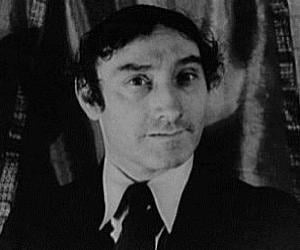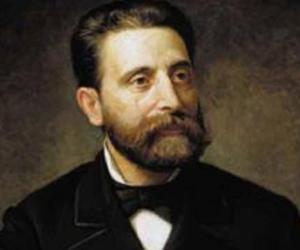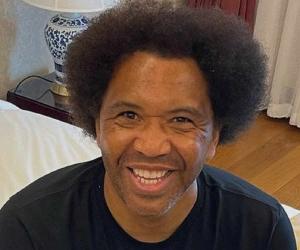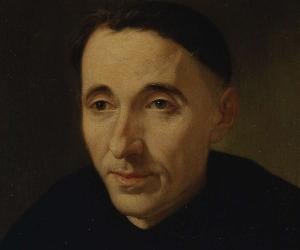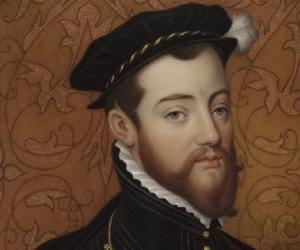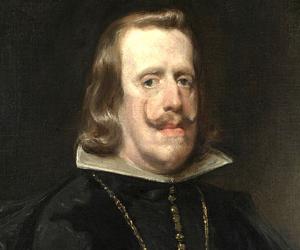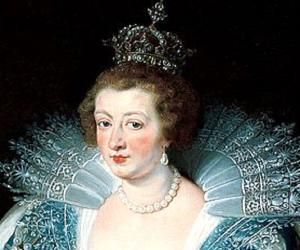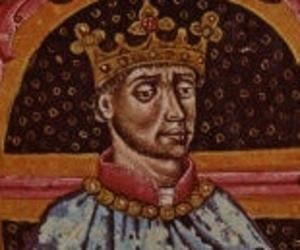

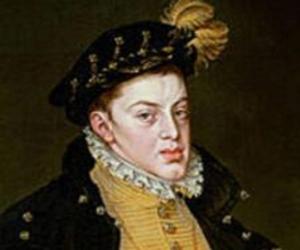
Philip IV of Spain was the king of Spain from 1621 to 1665 and the king of Portugal from 1621 to 1640. He was a fine horseman and a keen hunter but was considered a weak ruler with excessive dependence on the ministers. Even though the Spanish empire expanded considerably during his reign, he was not a popular king.

Spanish princess Anne of Austria was also an archduchess of the House of Habsburg. She later became the queen of France, as King Louis XIII’s wife, and also ruled as the regent for her son, Louis XIV. She is one of main characters in The Three Musketeers by Alexandre Dumas.
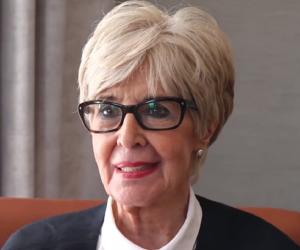
Spanish actor and TV presenter Concha Velasco initially trained in dance and performed in a revue with Celia Gámez. She later gained fame with films such as Tormento and was critically praised for her performance as Teresa of Ávila in the mini-series Teresa de Jesús.
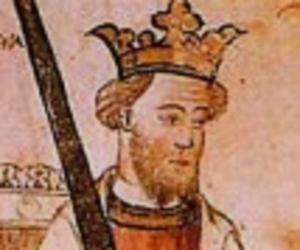

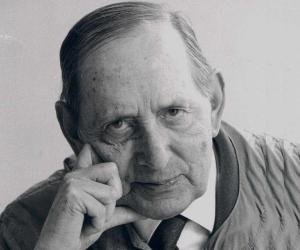
Spanish author Miguel Delibes was a significant member of the Generation of '36 movement and is remembered for his realist fiction. He had been part of the Spanish navy and initially worked as a newspaper caricaturist. Many of his works, such as El camino, were later made into films.
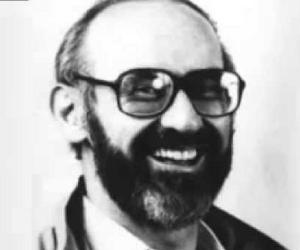




A nationalist poet and playwright, José Zorrilla was a major figure of the Spanish Romantic movement. Though he initially studied law, he later switched to literature. He is remembered for his verse legend collection Cantos del trovador and his iconic play Don Juan Tenorio.
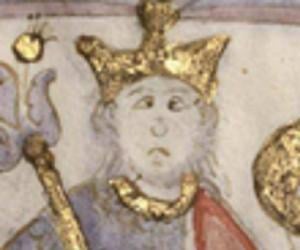

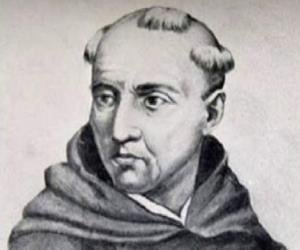
A Spanish benediction monk, Pedro Ponce de León is best remembered for his pioneering work, which helped several deaf persons to speak and write. Although he was not the creator of the modern sign language, he has been credited with developing manual alphabets based on monastic sign language, which was quite effective in achieving its objective.


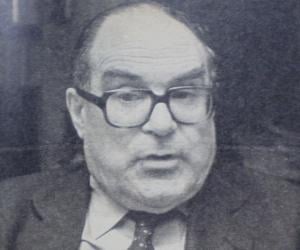
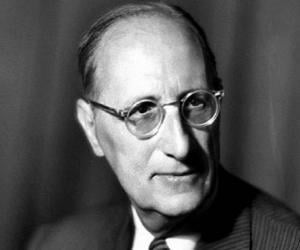
Spanish lyric poet Jorge Guillén was known for using a variety of meters and verbs. The son of a newspaper publisher, Guillén initially taught Spanish at the universities of Paris, Seville, and Oxford. Part of the Generation of '27, he is best remembered for his poetry collection Cántico.
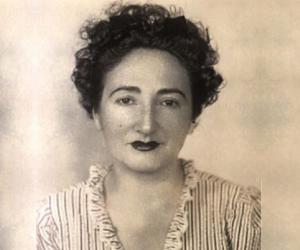

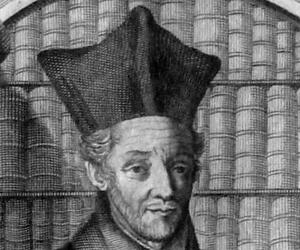
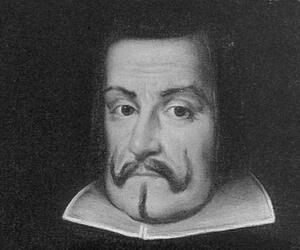
Luis Méndez de Haro began his political career under the guidance of his uncle, Gaspar de Guzmán, who was the chief minister of King Philip IV and whom he succeeded. He also struck a peace deal, putting an end to a long war with France, with the Peace of the Pyrenees.
